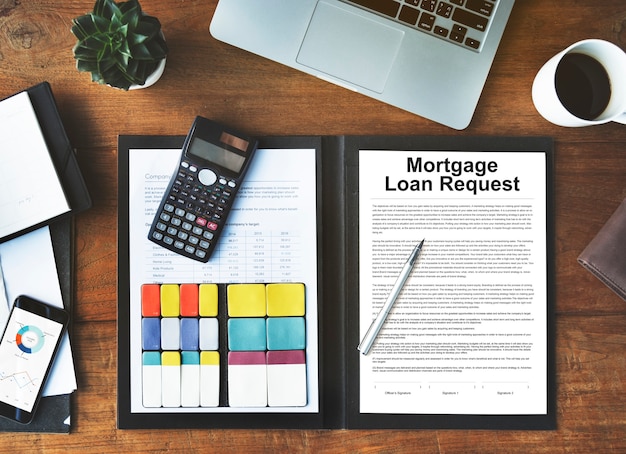
Buying and selling real estate can seem simple at first, but the conveyancing stage often turns out to be the most time-consuming and stressful part. If you’re not prepared, it can lead to wasted hours and frustration that could be better spent in your new home. However, by understanding the process and getting ready in advance, you can make it much smoother.
You don’t have to wait for an offer to hire a conveyancer. As soon as you decide to buy or sell a property, you can start looking for a conveyancer and start the paperwork. This proactive step will help move things along more quickly and aim to complete as much as possible before moving day.
Recommendations are crucial when choosing a conveyancer. If your mortgage is with a particular lender, check if they have a list of approved conveyancers. Although any solicitor can handle conveyancing, working with a specialist increases your chances of getting great service. Besides solicitors, licensed conveyancers can also help. The legal side of real estate can be complex, so it’s best to get professional assistance rather than trying to do it all on your own.
What to Expect From Your Conveyancer
Conveyancing involves all the administrative and legal work needed to transfer property ownership. Your conveyancer will handle several tasks for you, like conducting searches with local authorities and utility companies to ensure no hidden liabilities. They’ll also inform you about costs like stamp duty and ensure your mortgage lender has all the information they need from both parties. They’ll help with fee payments and make sure the new ownership is registered with the Land Registry.
This phase can be lengthy and challenging, usually taking between 8 to 12 weeks, according to reallymoving.com. The initial part can take up to 10 weeks, during which searches, paperwork, and verifications are done. Until then, you can still back out of the deal, although there might be fees for completed conveyancing work. Once the papers are exchanged, you’re legally committed to the purchase.
Conveyancing costs can go up to £1,300, depending on the property’s value, so it’s important to get a quote beforehand. Besides their fee, conveyancers might charge for additional services like postage and legal fees. Firms like Quick Move offer clear fee structures and work with all major mortgage lenders. Their no-move-no-fee guarantee means you won’t be charged if the deal falls through, providing peace of mind as you prepare for what might be the biggest purchase of your life. Although the process can be daunting, finding a reliable conveyancer is key to making your dream home or investment property a reality without unnecessary stress.